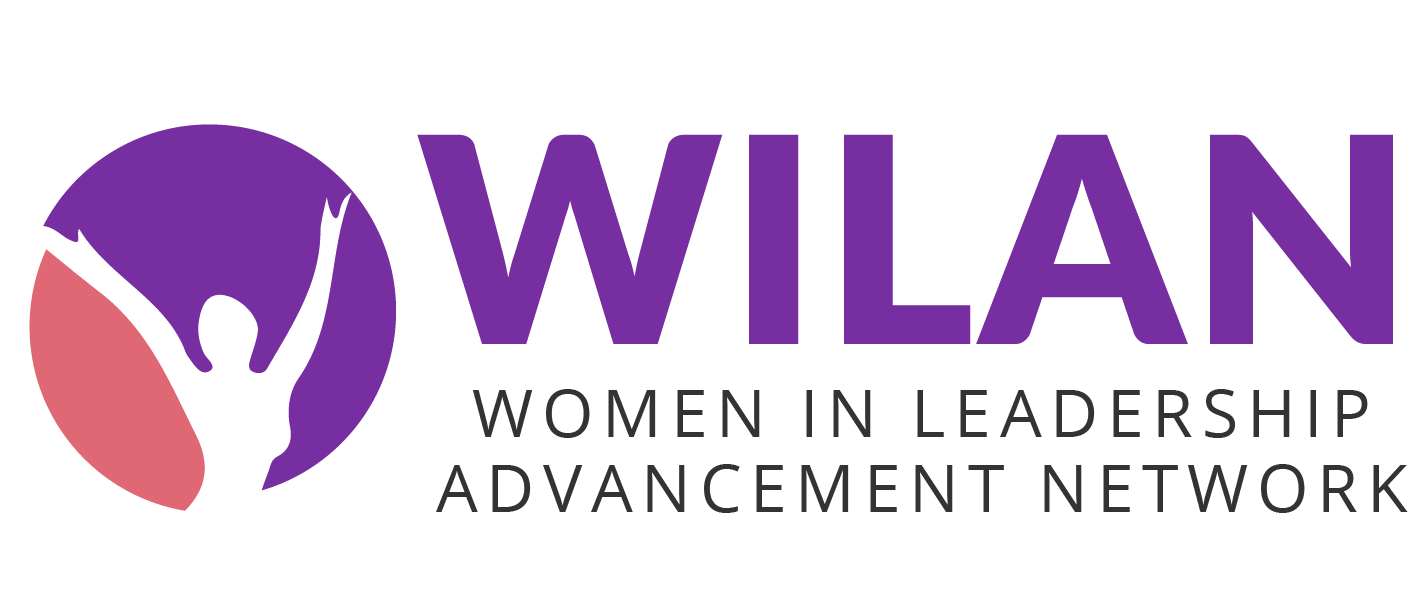The Role of Women’s Leadership in Strengthening Subnational Health Systems in Nigeria
A White Paper
Executive summary
Broad Outlook
This paper explores the pivotal role of women’s leadership in strengthening subnational health systems in Nigeria, establishing a link between gender-balanced leadership and effective health outcomes. Women leaders contribute unique perspectives and skills, prioritizing equity, inclusivity, and community well-being above all else. The information gathered in this paper shows that women’s leadership can lead to significant improvements, including increased immunization rates, better reproductive health services, and enhanced maternal and neonatal care.
Methodology
A mixed methodology was applied in developing this paper. This involved extensive desk research, one on one interviews, and focus group discussions. Through the desk research, existing data from multiple sources including reports, academic papers, and other previously published material were gathered and synthesized to support the white paper’s objectives. Following this, one on one interviews were conducted with seven female health commissioners with guided questions. They shared their perspectives on the state of women’s leadership in the subnational health system, the existing barriers to women’s advancement, and practical recommendations for bridging this gap. Insights gathered from these two stages informed the first iteration of the white paper.
The first draft was presented and validated by a diverse stakeholder group that included mid and senior-level professionals from the Medical Women’s Association of Nigeria (MWAN) and Women in Healthcare Network (WIHCN). These stakeholders represented various sectors, including private sector organisations, academia, local health-focused non-governmental organisations, and other health-related industries that interact with the subnational health system in their work. Cumulatively, there were 38 validators across two focus group discussion (FGD) sessions. To conclude, five of the seven female health commissioners who were interviewed were re-engaged for a validation process, after which the final white paper was drafted.
The Special Adviser to the President on Health, Dr Salma Ibrahim Anas, was present at the validation meeting of the first draft of the white paper. She stressed some of the common barriers that women, especially young women in the health sector, at the initial stages of building families face as they grow their careers. In the absence of definitive measures to address these barriers, the professional growth of women is stalled, and this inadvertently impacts the pipeline of women leaders within the subnational health system in Nigeria.

Barriers to Women’s Leadership
Despite being the majority in the health workforce, women face substantial barriers to leadership. This includes but is not limited to:
- Gender bias
- Cultural and religious norms
- Work-life balance issues
- A lack of role models
- A dearth of converging spaces
- The typecast of leadership as inherently male
All of these barriers work hand-in-hand to limit their impact on health systems.
Impact of Women’s Leadership on Subnational Health Systems
Nigeria currently has eight female Health Commissioners who represent 22% of the National Council on Health (NCH). In developing this white paper, seven of the female Health Commissioners were engaged. The NCH is the largest coordinating body of health policy and programs in Nigeria chaired by the Honourable Minister of Health and includes all the Health Commissioners from the 36 States and the Federal Capital Territory (FCT).
Together, these female Commissioners representing FCT, Kaduna, Kwara, Ogun, Oyo, Rivers, Sokoto, and Zamfara States are collectively responsible for 45,960,424 million people and have driven critical health initiatives. Some of these initiatives include:
- New salary structures for doctors
- Innovative service provision
- Care services to remote areas
- Improved drug supply to primary health centres
- Increased representation of women in leadership
- Enhanced service delivery through workforce training and infrastructure upgrades, strategically leveraging targeted local and international partnerships
The NCH is the largest coordinating body of health policy and programs in Nigeria chaired by the Honourable Minister of Health and includes all the Health Commissioners from the 36 States and the Federal Capital Territory (FCT).
Recommendations to Enhance Women’s Leadership
To promote women’s leadership in the health sector, this paper recommends implementing policies at the local, state, and national levels to remove systemic barriers.
Some of the key recommendations include:
Providing training and development opportunities
Establishing mentorship programs and networking opportunities
Enacting supportive legislation
Encouraging family and spousal support
Embarking on social and behavioural change programmes to facilitate the evolution of predominant social norms
Implementing targeted leadership building initiatives.
Conclusion
By addressing these issues and implementing the suggested strategies for increased women’s leadership inclusion in subnational health systems, stakeholders can foster a more equitable, effective, and resilient health system that significantly improves health outcomes and benefits all members of Nigerian society.




